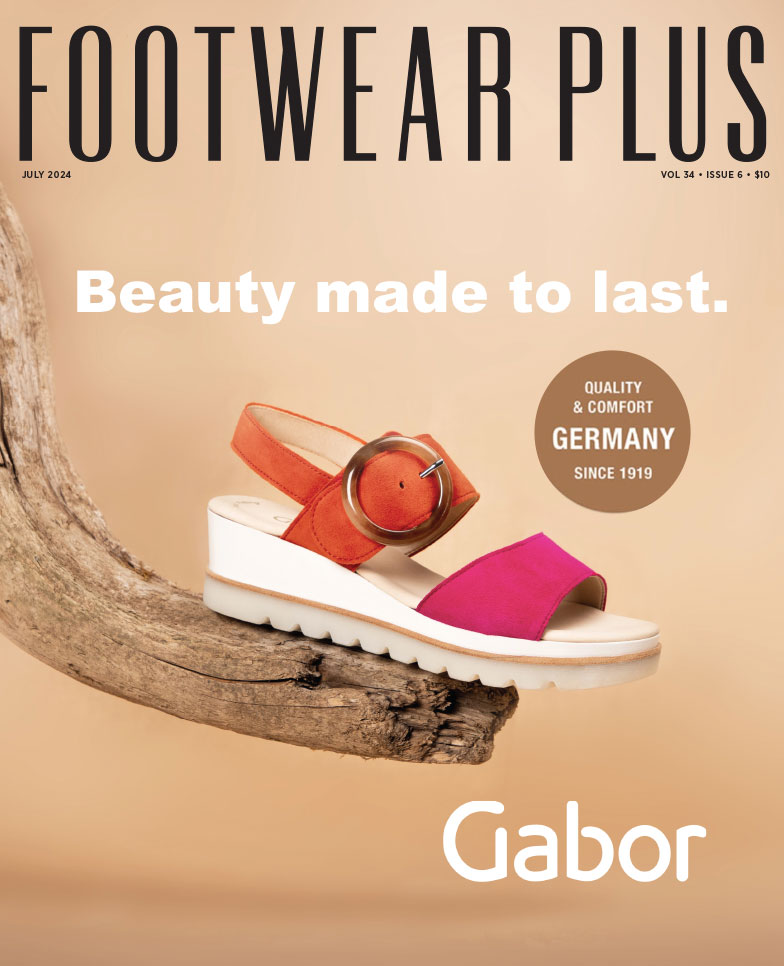If there’s one thing online consumers crave, it’s free shipping. Now that this perk has evolved from an added incentive to an expectation, some online retailers are upping the ante by shipping product to customers before they’ve even paid for it. Consumers can try on several items, send back unwanted styles and only pay for what they choose to keep. Shipping is free both ways and there is no obligation to buy. Eyewear brand Warby Parker has been offering such a service for years, but today consumers can test wear everything from engagement rings to blue jeans without leaving the house–or paying in advance.
So what’s in it for the seller? For one, it’s a way for new brands to hook potential customers, says Angele Edgeworth, founder of Brian James, which launched its line of well-cushioned women’s shoes a year ago and ships up to five pairs for free for 12 days. “We make really comfortable shoes and we wanted to get them on people’s feet,” she notes. “Our challenge, as an unknown brand, was getting our shoes out there.” Edgeworth adds that Brian James’ core customers–busy moms who often can’t make it to a store–appreciate the convenience factor.
It’s far from perfect, of course. For consumers, it’s a much slower way to shop. And for businesses, it’s a long time for inventory to be in limbo and the shipping costs can add up. It’s one of the reasons why Heels.com stopped offering its Heels at Home program before the holidays (but may re-introduce it again in the fall). The Ashton Kutcher-owned T-shirt purveyor Pickwick & Weller recently axed its try-on service, too.
Michelle Madhok, online shopping expert and founder of SheFinds.com, isn’t surprised, pointing out that after a number of try-ons products can start to look like floor samples. “Then there’s the free shipping and free returns, which can eat into your bottom line, too,” she says. Poonam Goyal, a Bloomberg Industries senior retail analyst, agrees, noting, “That’s probably one of the biggest risks to margin.”
But for businesses with their own fulfillment center and the ability to process returns quickly, the conversion potential makes such services attractive. As Goyal reasons, “Since there are no strings attached, the retailer may strike a purchase that wasn’t intended if the shoppers like what they try on.”



